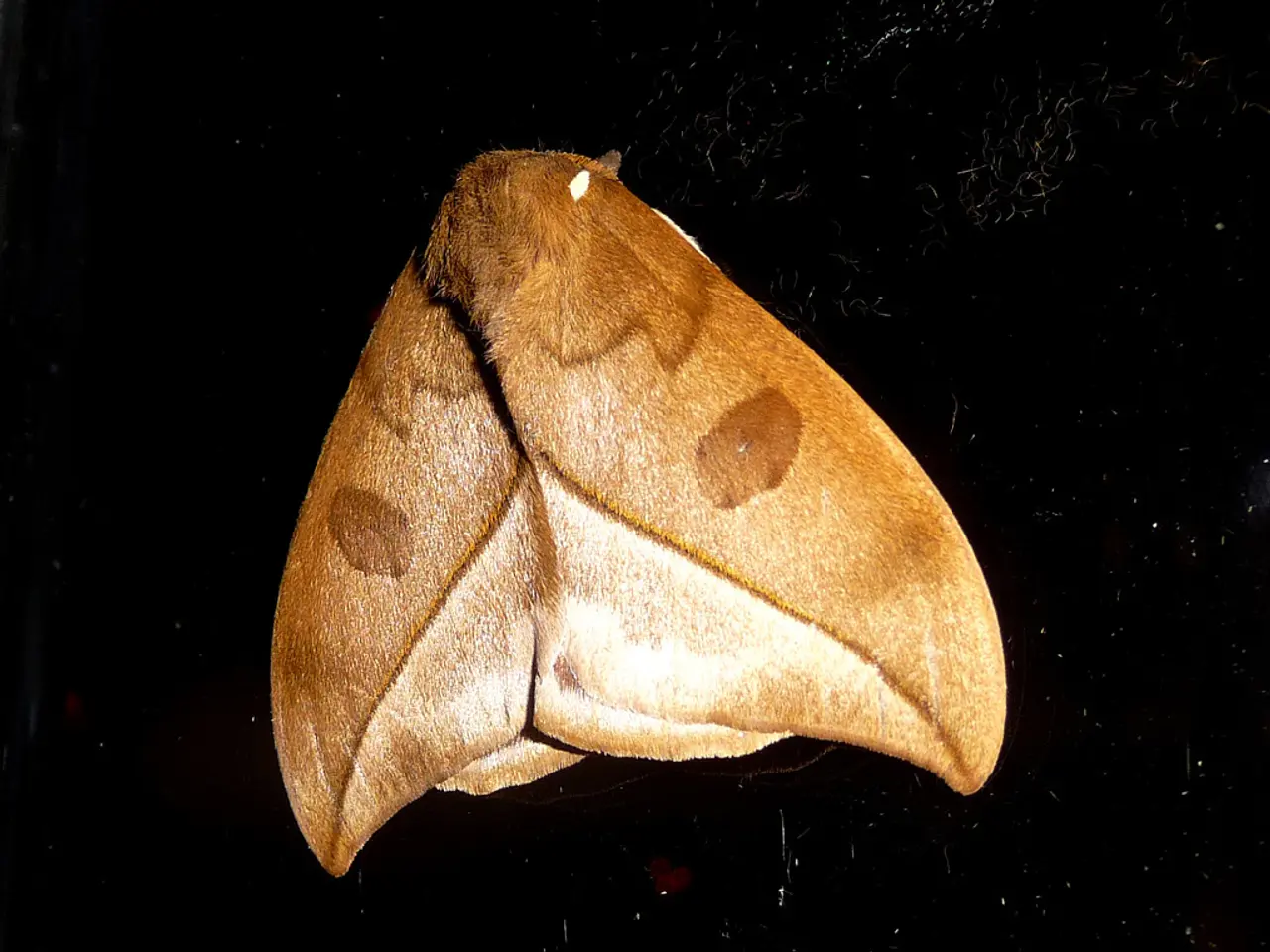Strategies for Deterring Flies on Horses from Every Direction: Exploring 6 Effective Methods
In the warmer months, flies can pose a significant health risk to horses, causing discomfort and potentially leading to severe diseases. Here are several strategies to keep flies at bay, each with its own advantages and disadvantages.
Fly Sprays
Easy to apply and available in both chemical and natural formulations, fly sprays offer quick protection against flies. However, some horses may react to chemical ingredients, and effectiveness is reduced if the horse is washed. Examples include Farnam Endure, a water-resistant option effective against multiple insect species, and Botanica International Fly Spray, which uses natural ingredients like citronella and tea tree oil.
Fly Gels and Creams
Ideal for sensitive areas or ticklish horses, fly gels and creams are applied directly to specific body parts. They can last longer than sprays in some cases but are generally more costly and time-consuming to apply.
Fly Sheets
Lightweight mesh blankets that protect the horse from flies, fly sheets provide all-day protection without the need for reapplication. They are chemical-free and offer additional sun protection, but proper fitting is essential to prevent rubbing, and they are not recommended for wet conditions unless waterproof.
Fly Masks and Boots
Protective gear for the horse's face and legs, fly masks and boots safeguard sensitive areas like eyes and ears. They are comfortable and often designed to prevent rubbing, but they only protect specific areas and not the entire body.
Homemade Fly Traps
DIY fly traps using bottles and bait can be a cost-effective solution, but they may not significantly reduce fly populations around horses.
Innovative Solutions
Some people use Old Spice products as a fly repellent, though its effectiveness is anecdotal and not scientifically proven.
Maintaining a Clean Stable Environment
Mucking out daily or twice daily, depending on the horse's stabling time, can help keep flies at bay by removing manure and wet bedding. Position the muck heap away from the stables, and use covered bins to store feed and clean water buckets or troughs regularly to avoid attracting insects.
Preventing Fly-Borne Diseases
Equine infectious anemia, transmitted by deer flies and horse flies, is a fatal disease for many horses with no treatment or vaccine. Pigeon fever, or dryland distemper, is another serious disease that can be spread by many types of flies and usually causes large abscesses to form.
Additional Protection
Fans can help deter flies and keep you and your horse cool. Rechargeable fans can be used in stables and during transportation. Mesh screens or fringe curtains on windows and doors block flies from entering while allowing airflow. Fringe curtains can be used on stable doors if the horse is particularly bothered by flies, but they must be trained and desensitized to use safely.
When it comes to choosing the best approach for your horse, consider the specific needs of your equine companion and the environment in which they are kept. By implementing these strategies, you can help keep your horse comfortable, healthy, and free from the nuisance of flies.
- A pet dog may benefit from natural ingredients in Botanica International Fly Spray, as it uses tea tree oil and citronella, often found in home-and-garden pest control products.
- For a cat living in a home-and-garden setting, a fly mask could be used to protect its eyes and ears from pesky insects, similar to how horse owners utilize them.
- In terms of lifestyle, maintaining a clean home environment can help control fly populations, just as regular stable cleaning reduces flies for horses.
- If playing sports with a pet, such as fetch in a home-and-garden setting, it's essential to keep an eye out for ticks that could be picked up from grass or other animals, a concern shared with horse owners regarding ticks.




